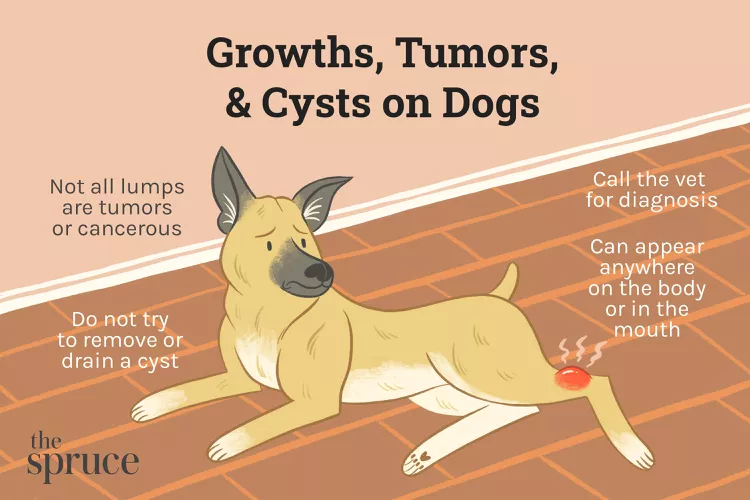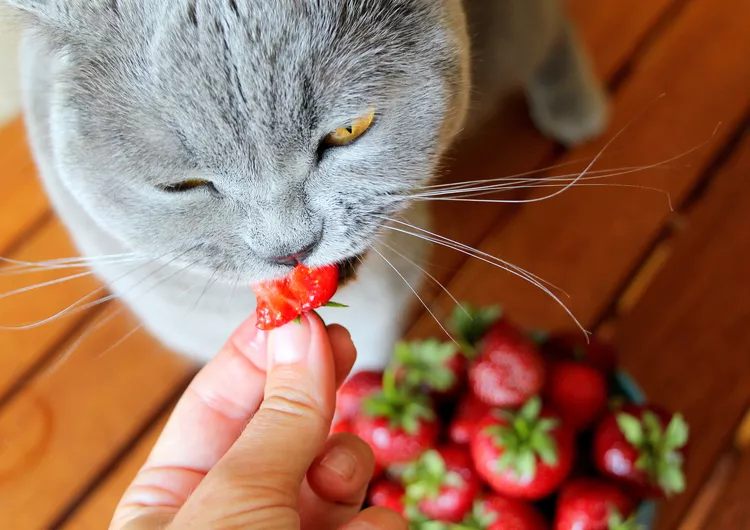
From improving digestive health to protecting against cancer, blueberries are often called “superfoods” due to their significant health benefits for us humans. If you’re looking for a nutritious and delicious snack to share with your furry friend, you may wonder, can dogs eat blueberries, too?
The short answer: Yes! While there are some foods that aren’t safe for dogs to eat, our canine companions can enjoy this small, flavorful fruit. However, like other dog-friendly foods, there are some considerations to keep in mind.
We talked to three veterinarians to get their advice, tips, and tricks for safely feeding your dog blueberries.
Sarah Gorman, DVM, CCRP, is the managing vet at Small Door Veterinarian.
Sabrina Kong, DVM, is a staff veterinary writer at We Love Doodles.
Rebecca Greenstein, DVM, is a veterinary medical advisor for Rover.
According to the U.S. Department of Agriculture’s FoodData Central, a cup of blueberries is 84 calories, making this a great low-calorie snack for dogs when fed in appropriate portion sizes. Blueberries also offer several nutritional benefits for dogs, says Sarah Gorman, DVM, CCRP, managing vet at Small Door Veterinarian.
Blueberries are a good source of the following, according to Gorman:
There’s substantial evidence that supports the many health benefits of blueberries. Overall, this blue-hued fruit is a natural source of antioxidants, vitamins, and minerals, which can contribute positively to a dog’s diet, says Sabrina Kong, DVM, staff veterinary writer at We Love Doodles.
Despite blueberries being so healthy, it’s essential to limit how much and how often they’re offered to your dog.
In moderation, washed blueberries are absolutely safe for most dogs to eat and make a healthy and tasty snack, says Rebecca Greenstein, DVM, veterinary medical advisor for Rover. She notes that if your dog is on blood thinners or has certain types of bladder stones, it’s best to consult your veterinarian before offering blueberries.
When feeding your canine companion blueberries, she says that any treat should comprise no more than 10 percent of your dog’s daily calorie intake to avoid creating nutritional imbalances. To learn more about your dog's specific daily calorie requirements, she recommends talking to your vet for individualized calculations.
Not only is it important to avoid giving blueberries—or any other treat—in excess to prevent an unbalanced diet and unwanted weight gain, but potentially negative side effects as well.
“It’s best to feed blueberries to dogs in moderation because overfeeding can lead to gastrointestinal upset, such as diarrhea or vomiting, due to their high fiber content,” Gorman says. “Additionally, too many blueberries can contribute to an excess of natural sugars in a dog’s diet, which may not be ideal.”
When introducing new foods into your dog’s diet, make a gradual transition and monitor your pup for any adverse reactions.
Feeding your furry friend fresh blueberries can be a fun way to add some variety and extra nutrition to their daily meals.
Gorman breaks down appropriate portion sizes for dogs based on their size:
If you’d like to incorporate blueberries into your dog’s diet, Gorman and Greenstein recommend:
Certain fruits, such as grapes and raisins, are toxic to dogs and should be avoided. Avocados, tomatoes, and cherries can also be harmful.
Fortunately, there are many fruits you can safely share with your four-legged friend! Some fruits that dogs can eat include:
Greenstein adds that any dog-friendly fruits should be properly washed, given in moderation, and cut into easily chewable pieces.

Tumors, Growths, and Cysts in Dogs
Tumors, lumps, growths, or cysts are commonly found on dogs. Learn the causes, treatments, and preventative measures.
Eye Injuries and Infections in Dogs
Dogs can suffer eye injuries that range from mildly irritating to serious medical emergencies. Learn the causes, treatment, and prevention.
Vestibular Disease in Dogs
Vestibular disease affects a dog's balance and eye movements. Find out about the signs, causes, and treatment of vestibular disease in dogs.
Is Acetaminophen Safe for Dogs?
Acetaminophen is used by humans for pain and fever relief, but is it safe for dogs? Here's what you need to know before giving your dog acetaminophen.
Can Dogs Eat Zucchini? Everything to Know About This Hardy Summer Squash
Zucchini is a nutritious food that's safe for dogs to eat in moderation. This low-calorie, high-fiber vegetable can be incorporated as a healthy treat in a dog's balanced diet. Learn more about its health benefits, potential risks, and how to prepare it.
Can Dogs Eat Popcorn? What You Need to Know for Movie Night
Dogs can eat popcorn, but there are safety concerns. Find out how to safely feed your dog popcorn and what you should do if you're concerned.
65 Irish Cat Names
Irish cat names can pay homage to historical places, local cuisine, famous Irish actors and musicians, or other wonderful aspects of the Emerald Isle.
46 Egyptian Cat Names
Whether inspired by notable Egyptian deities, locales, or pharaohs, Egyptian cat names can bring out the divinity of your noble feline companion.
Are Ant Traps Safe for Cats?
Here's how to know if ant traps are safe for cats and how to keep yours free from harm if you have an ant problem.
The 6 Best Cat Nail Clippers of 2024 for a Safe Trim
Clipping your cat's nails can save your furniture and keep your kitty comfortable. We asked veterinarians for their cat nail clipper recommendations.
Is Neosporin Safe for Cats?
A brief summary of concerns a cat owner should be aware of before putting Neosporin on their cat, plus tips for things they can use at home instead.
Can Cats Eat Strawberries? How to Safely Share This Summer Berry
Although cats are primarily meat eaters, strawberries may be an interesting and tasty snack for your feline friend. Find out the risks of feeding strawberries to cats and how to safely let your cat enjoy this fruit.
Cute Pictures & Facts About Calico Cats & Kittens
Learn fascinating facts about calico cats, including photos, the genetics behind this color combination, and common folklore and traditions.
12 Most Popular Cat Breeds for Feline Lovers
These 12 cat breeds, like the Siamese and Sphynx, are known for their unique appearances and personalities. Learn what makes them so popular.
Balinese: Cat Breed Profile, Characteristics & Care
The Balinese cat is playful, sociable, elegant, intelligent, and a touch on the vocal side. Learn about the Balinese, including appearance, temperament, health, and care needs.
Why Cats Don't Always Cover Their Poop
Cats may not cover their poop for a few different reasons, including being territorial, sending a message to their owner, and not liking the litter.
Cavapoo: Dog Breed Characteristics & Care
The Cavapoo is a hybrid of the Cavalier King Charles spaniel and a toy or miniature poodle. Learn why these teddy-bear-looking dogs make the perfect addition to your family.
Why Dogs Eat Poop and How to Stop Them
Is your dog eating poop? Some dogs do this because of stress or illness. Learn how to prevent stool eating, or coprophagia, in dogs.
Can Dogs Get Depression? How to Help Your Sad Dog
Can dogs get depression? Learn about the signs of depression in dogs and find out how to help your sad dog.
4 Reasons Why Your Dog Licks Their Butt
Butt-licking in dogs can be a part of normal grooming, but excessive butt-licking is not normal. Read about the most common reasons for this behavior.